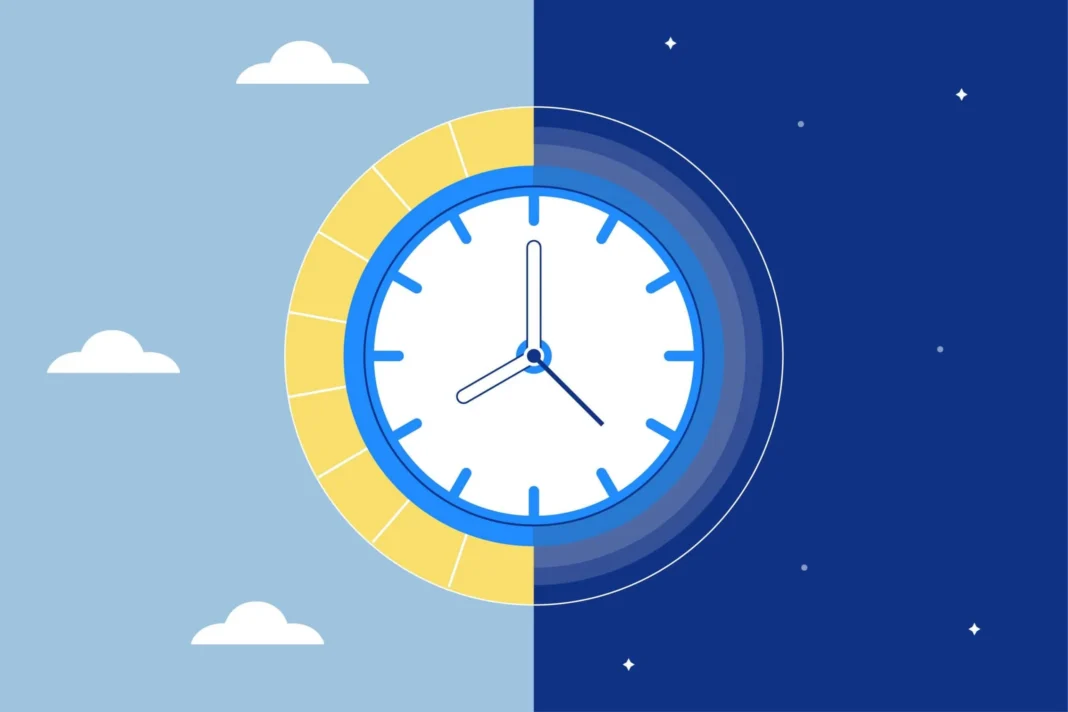As we delve into the realm of sleep science, understanding the intricacies of quality rest becomes essential for overall well-being. This article explores the fundamentals of sleep and offers practical strategies to enhance your sleep quality for better physical and mental recovery.
The Importance of Quality Sleep
Sleep plays a vital role in maintaining optimal health and well-being. Quality sleep is linked to improved cognitive function, emotional well-being, and overall physical performance.
Understanding Sleep Cycles
Sleep is divided into several cycles, including REM (rapid eye movement) and non-REM stages. Each cycle serves a unique purpose in the process of restoration and rejuvenation.
Factors Influencing Sleep Quality
Several factors can impact the quality of your sleep. Identifying and addressing these factors is crucial for establishing healthy sleep patterns.
Creating a Comfortable Sleep Environment
Ensure your sleep environment is conducive to rest. Keep your bedroom cool, dark, and quiet. Invest in a comfortable mattress and pillows that support a proper sleeping posture.
Managing Stress and Anxiety
High levels of stress and anxiety can hinder quality sleep. Implement stress-reduction techniques such as mindfulness, deep breathing, or meditation to create a calm state of mind before bedtime.
Establishing a Consistent Sleep Routine
Consistency is key when it comes to achieving quality sleep. Establishing a regular sleep routine helps regulate your body’s internal clock and improves overall sleep quality.
Setting a Regular Sleep Schedule
Go to bed and wake up at the same time every day, even on weekends. This consistency reinforces your body’s natural sleep-wake cycle.
Avoiding Stimulants Before Bed
Limit the intake of stimulants such as caffeine and nicotine in the hours leading up to bedtime. These substances can interfere with your ability to fall asleep.
Technology and Sleep
The use of technology can impact sleep quality. Understanding how to manage technology to benefit your sleep is essential.
Screen Time and Blue Light Exposure
Avoid screen time at least an hour before bedtime, as the blue light emitted by electronic devices can suppress melatonin production, making it harder to fall asleep.
Nutrition and Sleep
Your diet can influence your sleep patterns. Making informed choices about food and drink can contribute to better sleep quality.
Choosing Sleep-Friendly Foods
Opt for sleep-friendly foods such as those rich in tryptophan, magnesium, and melatonin. These include nuts, seeds, dairy, and certain fruits.
Seeking Professional Guidance
If persistent sleep issues arise, seeking professional guidance is crucial for addressing underlying issues.
Consulting a Sleep Specialist
If sleep problems persist, consult a sleep specialist or healthcare professional to identify potential sleep disorders and receive tailored solutions for improvement.
In conclusion, understanding sleep science empowers individuals to make informed choices for quality rest and recovery. By incorporating these strategies into your routine, you can optimize your sleep patterns and experience the numerous benefits that come with a good night’s sleep.

